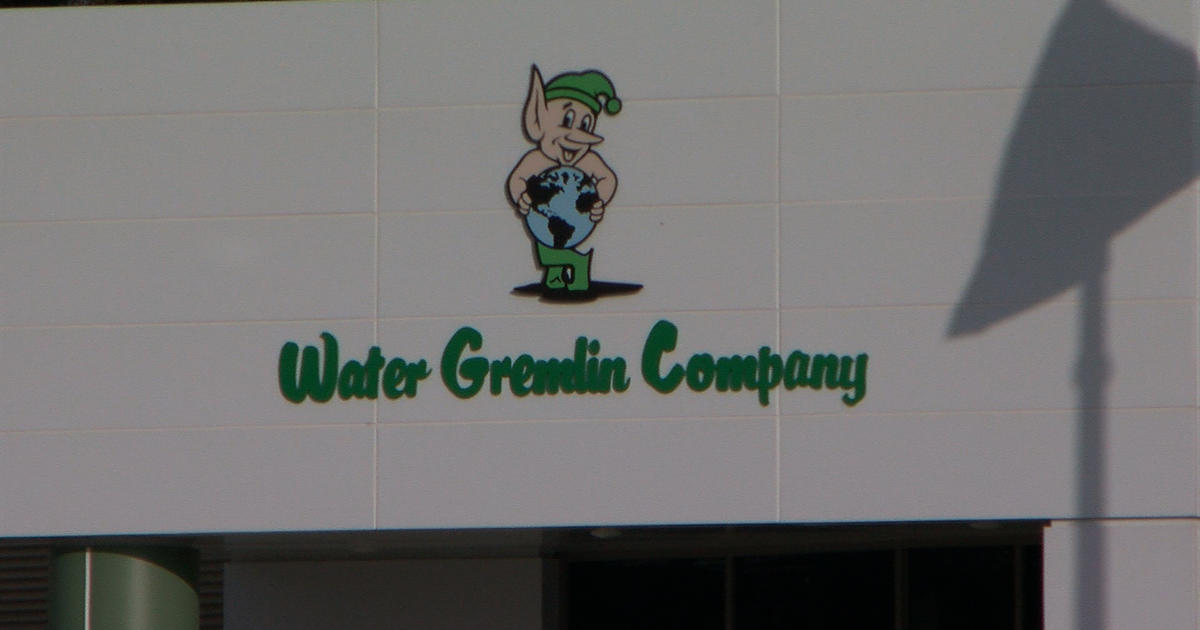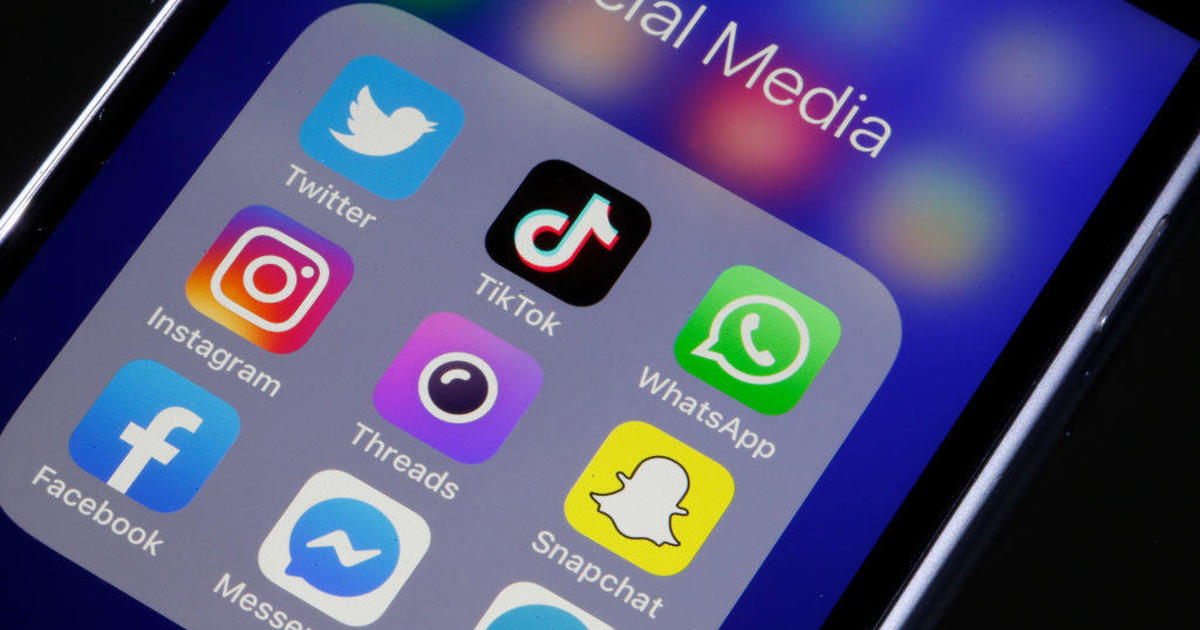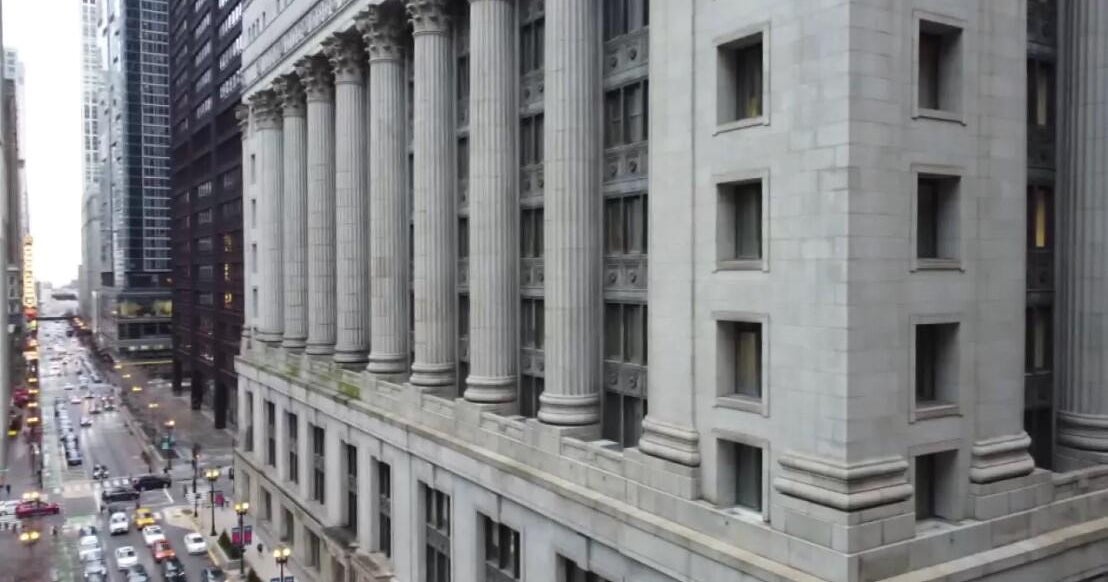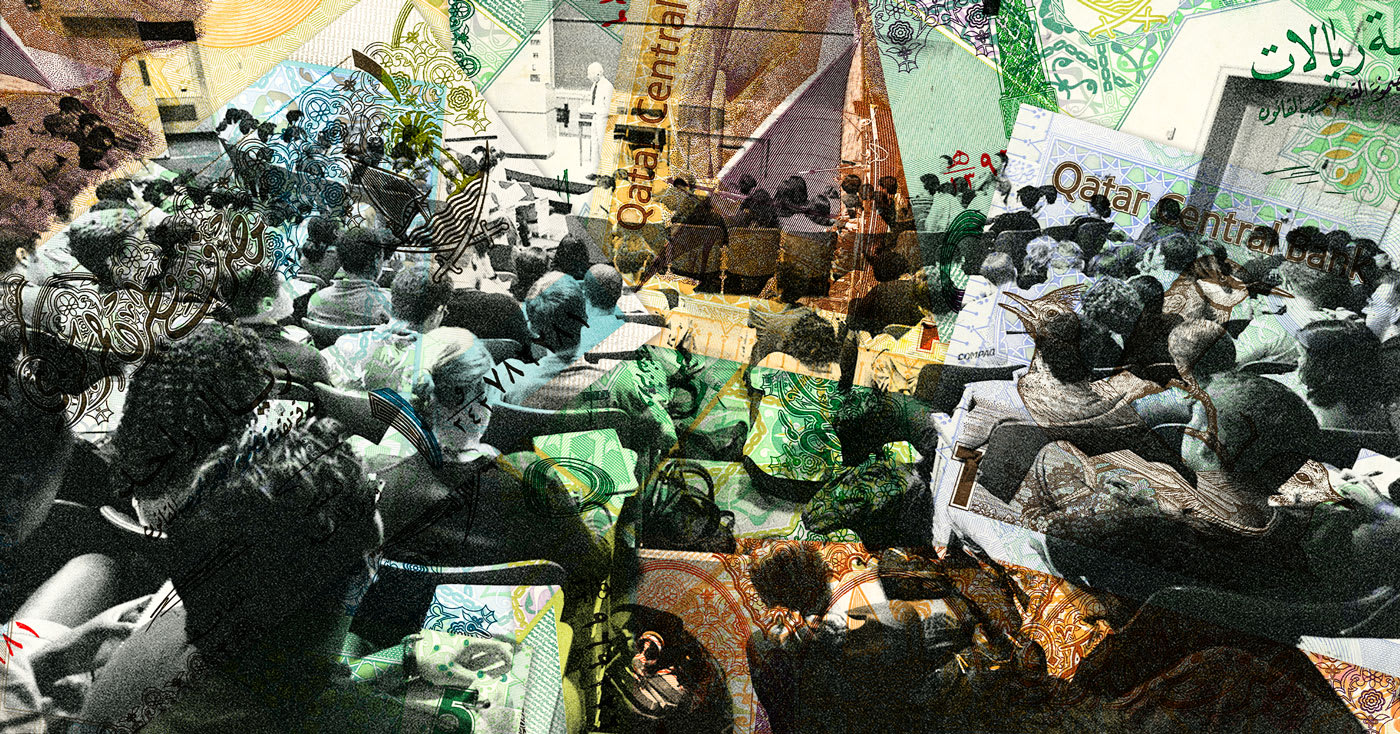Drugmakers' liability for opioid crisis could reach $150 billion
- After an Oklahoma court's $572 million judgment against Johnson & Johnson, experts say a global opioid settlement could cost pharmaceutical companies up to $150 billion.
- Still, that's just a fraction of the nearly $500 billion toll the opioid crisis is estimated to have cost the U.S.
- Experts also say drugmakers facing large opioid liabilities are likely to appeal rulings, potentially tying cases up for years.
Drugmakers could be on the hook for $150 billion to settle opioid-related litigation following an Oklahoma judge's ruling this week against pharmaceutical company Johnson & Johnson. Yet even that massive potential liability represents a fraction of pharmaceutical company's annual profits, as well as the overall financial toll from opioids.
Johns Hopkins public health professor Caleb Alexander, an expert witness in another opioid lawsuit, has estimated it would require almost $500 billion spent over 10 years to help mitigate the crisis.
The $572 million ruling against Johnson & Johnson, the maker of Band-Aids and Johnson's Baby Powder, represents only about 5% of the $17 billion sought by Oklahoma to pay for opioid addiction treatment and prevention. And it's an even smaller share of the nearly $82 billion Johnson & Johnson booked in revenue last year.
Berenberg Capital Markets' Patrick Trucchio, who came up with the $150 billion figure, based his analysis on federal multidistrict litigation as well as the states' and Department of Justice cases. The multidistrict litigation is seeking a $100 billion settlement with opioid manufacturers and distributors, while Trucchio estimates that the state cases could result in $50 billion for plaintiffs based on the Oklahoma judgment.
OxyContin-maker Purdue Pharma has reportedly offered between $10 billion to $12 billion to settle thousands of lawsuits from states, cities and counties.
Oklahoma previously reached settlements with Purdue Pharma and Teva Pharmaceuticals for $270 million and $85 million, respectively. Together with the Johnson & Johnson judgment, the drugmakers' payments will equal $238 for each resident of the state.
Trucchio used the $238 per-person settlement as a starting point, noting that larger states with higher health care costs may seek larger amounts.
"[I]f each state on a consolidated basis asked for $238/person, this equates to around $78 billion; if following appeals, the average falls to $100/person, this equates to around $33 billion. Thus, depending on the average per person, we believe it is not difficult to fathom a $50 billion headline liability for the opioid players in the state cases," he wrote.
The Department of Justice has so far settled one case for $1.4 billion. A trial with pharmaceutical company Indivior, in which the agency is seeking $3 billion, is expected to begin in May.
Based on the Johnson & Johnson ruling, Height Securities analyst Hunter Hammond pegs the cost of a global opioid settlement for drugmakers at $100 billion. "I've always hesitated reading through early rulings, but this is the best one we have," he said.
Hammond thinks the Johnson & Johnson verdict could have two disparate effects on pending litigation.
"On the one hand, this could be the upper limit, where no company is willing to settle for anything more than that because they see what happens when you go to trial," he said. On the other, "It could be the lower limit where another court with more claims against more defendants can say, 'That's what we can expect so we'll argue for more'."
Andrew Pollis, a professor at Case Western Reserve University School of Law, said it's hard to know what to expect in other cases based on Oklahoma judge Thad Balkman's Johnson & Johnson judgment, which will pay for opioid use prevention and addiction treatment for one year.
"It never occurred to me that the judge would say, 'We'll give you a year because you didn't prove sufficiently you needed more than that'," Pollis said. "It's very curious, because in so many other ways the opinion reflects the judge's clear disgust with the crisis and Johnson & Johnson's role in creating it, but in this one way he did something that runs counter to the how he approached the rest of the case."
Indiana University health economist Kosali Simon also said there could be many twists and turns, including appeals processes or even cases getting dropped.
"This is just the first signal. A lot is going to get tied up in appeals," she said.
Indeed, Johnson & Johnson has already appealed the Oklahoma ruling, arguing the state failed to present evidence showing that the company caused a public nuisance in the state.



